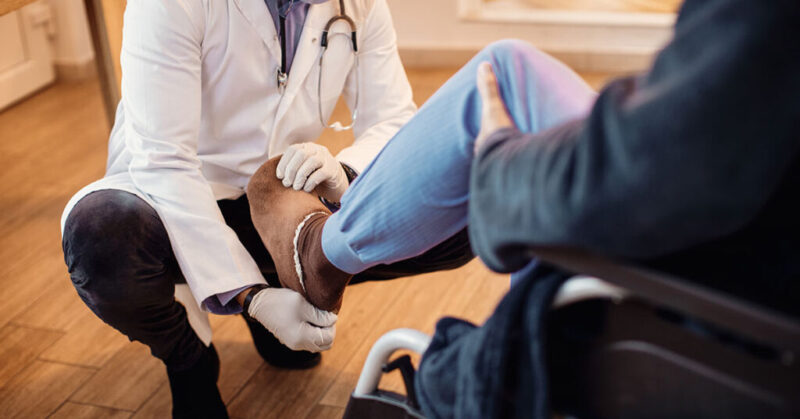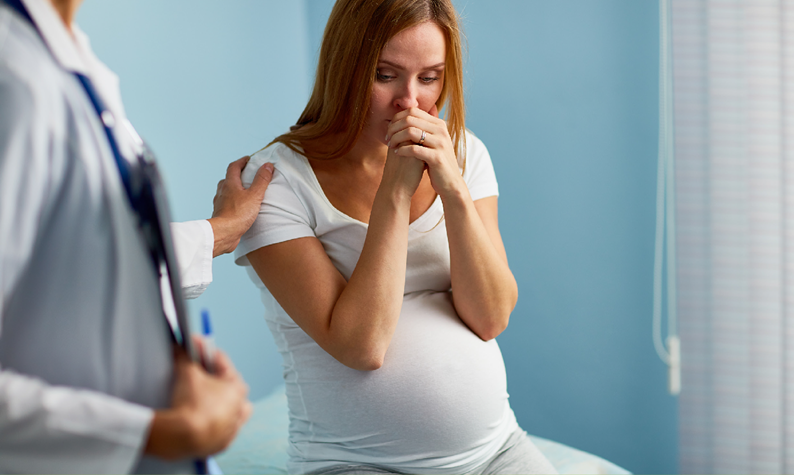
21 August 2024
In collaboration with Monash University, Dr Dan Jeyaseelan, a local general practitioner at Dr Dan’s Medical Clinic in Monbulk, Melbourne, has been working directly with final-year Monash University medical students to integrate their research projects with his practice. These projects have helped to improve patient care, meet various clinical and educational requirements, and provided significant benefits for both Dr Dan’s clinic and the students involved.
We spoke with Dr Dan about the benefits of supervising students in general practice, and why he would encourage other practices in the Eastern Melbourne Primary Health Network (EMPHN) catchment to take them on for the benefit of the students, as well as the clinics.
On this page:
Monash University research projects: Aligning student rotations with practice improvement activities
Monash University provides final-year medical students with the opportunity to gain research experience in general practice clinics by collaborating with doctors and participating in research projects. Within the EMPHN catchment, Dr Dan has welcomed students into his clinic, Dr Dan’s Medical Clinic, and plays a pivotal role in supervising final-year Monash University medical students. In this case, student Anna Peters recently completed her practice research rotation at Dr Dan’s Medical Clinic. The research process began by identifying Anna’s area of interest in women’s health, specifically focusing on the impact and efficacy of screening programs such as cervical screening.
Together, Dr Dan and Anna compared the clinic’s cervical screening data with the national cancer screening register (NCSR) and assessed the impact of self-collection on the uptake of cervical screening tests. “The collaboration was rewarding as it provided real data that helped refine our approach and benefit our patients directly,” Dr Dan shared.
Over the years, Dr Dan’s clinic has observed significant outcome improvements from these student-led research projects. Recent projects have included improvements to the way the clinic collects Faecal Occult Blood Test (FOBT), with another project working to improve the process for pneumonia vaccinations. “These joint efforts have yielded better health outcomes for patients, and provided students with clinically relevant, engaging projects during their time at the clinic,” Dr Dan noted.
The research project undertaken by Anna and Dr Dan served valuable, and the clinic was invited by EMPHN program facilitators to collaborate on the development of a comprehensive cervical screening quality improvement activity. This included a CPD education webinar and QI toolkit, aimed at benefiting the larger catchment.
Meeting PIP QI and RACGP CPD requirements
These research projects have assisted Dr Dan’s clinic in meeting the Practice Incentives Program Quality Improvement (PIP QI) requirements. The in-depth clinical research conducted on the patient cohort often results in the clinic completing more projects each year than the PIP QI cycles require. Additionally, the projects enable Dr Dan to easily meet his own Royal Australian College of General Practitioners Continuing Professional Development (RACGP CPD) program activities, including completion of reviewing performance and measuring outcomes activity requirements. “By evaluating the total cohort and benchmarking clinic performance, we’ve been able to not only meet but exceed the requirements by continually improving patient care outcomes,” Dr Dan says.
By focusing on the research, students like Anna help to identify strengths and opportunities in Dr Dan’s clinic systems, enabling his team to then work on meaningful and clinically beneficial improvements. This collective approach allows Dr Dan’s clinic to achieve quality improvement activities more efficiently, overcoming the common hurdle of time constraints in a busy clinical environment.
Benefits for the final year medical students
Students participating in these research projects gain numerous benefits. Dr Dan believes the students remain engaged throughout the whole 6-week rotation by tailoring the projects to their interests and providing ongoing practical teaching. “This approach creates a well-rounded rotation that empowers students, instills a passion for medicine, and highlights the various roles they can play in general practice. The collaborative environment our clinic provides fosters growth and knowledge, which we hope contributes to the development of passionate and knowledgeable doctors,” Dr Dan says.
Dr Dan has received overwhelmingly positive feedback from students who have participated in these research projects within his clinic. Many students have often returned for additional rotations, with some even taking on various roles within the clinic where appropriate. “All students value the enriching and educational experiences they gain from our clinic,” Dr Dan noted.
Dr Dan believes the collaboration with Monash University has had a profound impact on the clinic and resulted in measurable benefits for patients, enhancing the overall quality of care provided. “The partnership assists us to focus on continuous improvement and has been particularly beneficial over the past four years during the challenges of the COVID-19 pandemic,” Dr Dan concludes.
Advice for GPs considering incorporating medical students into their practice for research activities
Dr Dan strongly encourages other GPs to incorporate medical education in their clinics, viewing it as a vested interest in the future of healthcare. He emphasised the importance of making the rotations enjoyable and engaging for students, ensuring that the research aligns with their stage of learning and provides tangible benefits for the student and the clinic. “By fostering a shared passion for medicine, GPs can create a positive and productive learning environment for students,” he said.
Dr Dan and his clinic have seen numerous success stories and standout moments from their work with the students. Anna’s cervical screening project, which included a successful webinar, is just one example. Other projects have addressed pre-diabetes education, diabetic patient engagement in HbA1c updates, hypertension, activity levels, immunisations, and bowel cancer screening. “The presence of enthusiastic and dedicated students from Monash University has been a valuable addition to our clinic, benefiting both staff and patients alike,” Dr Dan shared.
Dr Dan’s collaboration with final-year medical students from Monash University has proven to be mutually beneficial for the students, the clinic, and the patients. By integrating student-led research projects into his clinic, significant improvements in patient care and clinic operations have been achieved. These experiences have provided valuable learning opportunities for the students, fostering their passion for medicine and preparing them for their future healthcare careers.


